Stories
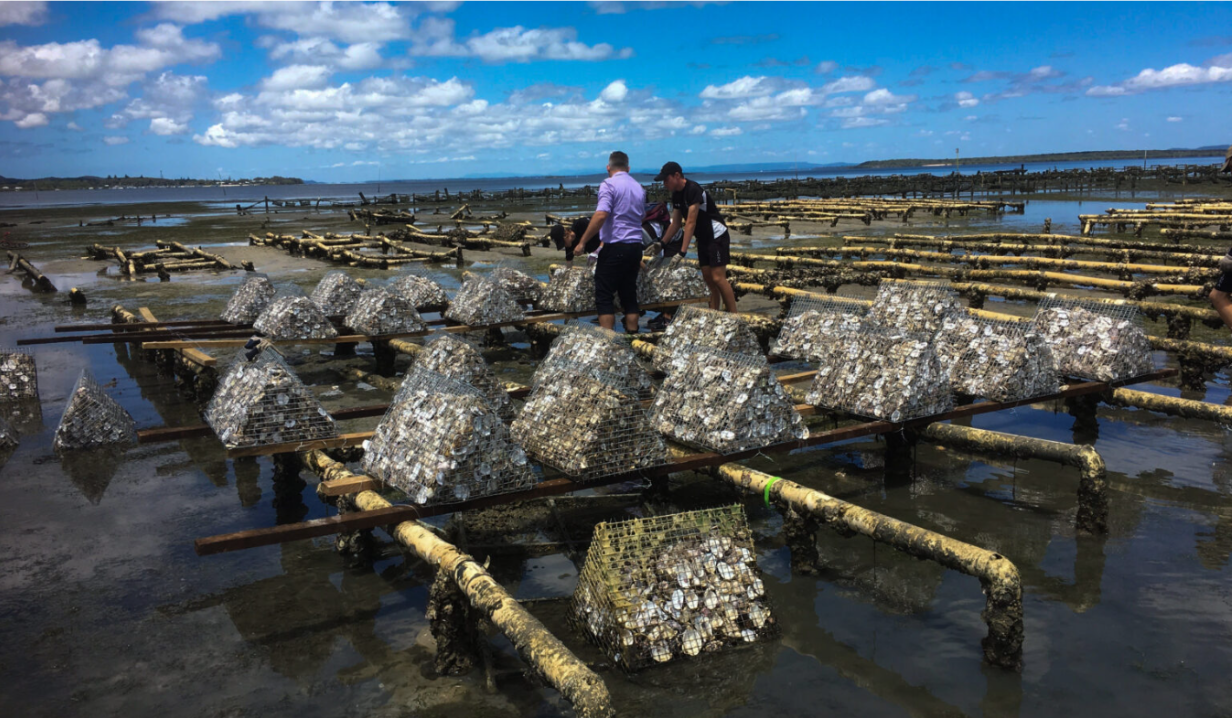
16 Million Shellfish Supported by Reef Restoration.
Volunteer charity organization, Ozfish, has helped usher in 16 million shellfish through oyster reef restorations in Moreton Bay.
Ozfish volunteers have achieved this through deploying over 6400 robust oyster baskets (ROBs) in the past two years.
Senior Special Projects Officer at Ozfish, Robbie Porter says that up to 2500 animals are supported by each ROB, including oysters, crabs, and worms.
“They make important homes for all those animals, increasing biodiversity and fish numbers.”
Following European settlement, 95% of shellfish reefs in Moreton Bay were harvested for cement production.
Mr Porter explained that 145 liters of water is being filtered each hour from the ROBS.
“Artificial reefs not only increase biodiversity, but water quality as well. Oysters love to filter water, they can filter up to 180 liters a day per oyster.”
During the launch of the restoration, Queensland Minister for Agricultural Industry Development and Fisheries, Hon Mark Furner praised the project via his Facebook page.
“Not only does it add to water restoration and the environment, it also adds to the sustainability of our fisheries sector as well.”
Surveys have shown that 400,000 Queensland residents participate in recreational fishing in Moreton Bay, this is almost half of the recreational fishing that occurs in the State.
Local fisherman Bryce Kuzewicz says yields have been stable throughout his 40 years of fishing, considering the large amount of people that fish in Moreton Bay.
“There has been more bait fish around recently. Where you have habitat, you have bait, and where there’s bait you have bigger predator fish,” he said.
“Anything that artificially helps the habitat is great, as dredging has greatly impacted the area.”
Mr Porter said that sea level rise will be a challenge for coastal ecosystems in the future, with urban environments in place.
Despite the achievement of the ROBs, and the many animals supported by the reef restoration, Mr Porter wants to continue increasing numbers.
“We need lots of help, you don’t have to be a fisher. We run two working bees every month on a Wednesday and a Saturday.”
Zedlines Contributor
Zedlines Bulletins 8-11 weekly!
Zedlines
ZEDLINES, WEDNESDAY 4 FEBRUARY 2026, 11AM

Your 11AM Zedlines with Cass and Hailey
ZEDLINES, WEDNESDAY 4 FEBRUARY 2026, 10AM
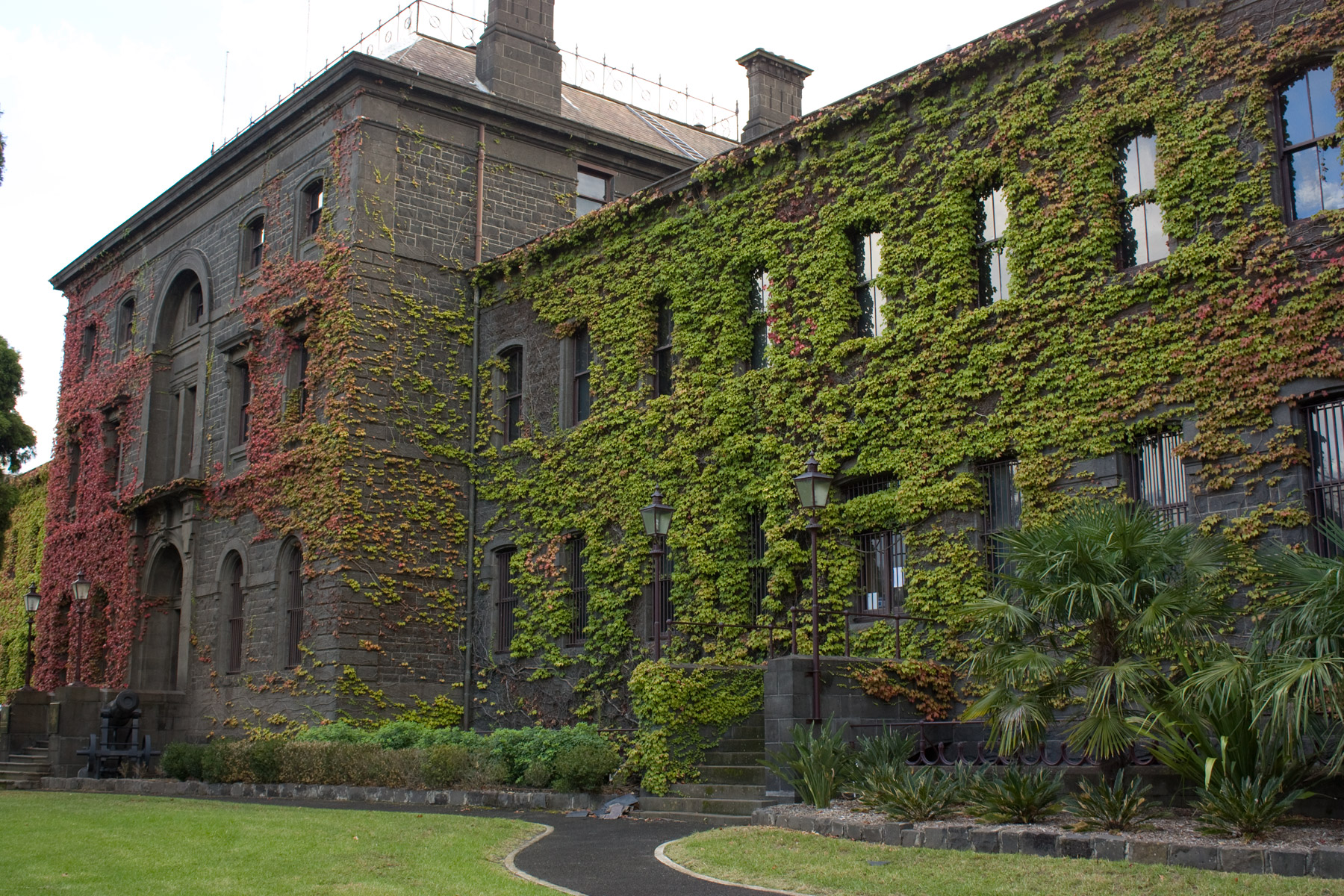
Your 10AM Zedlines with Lachlan and Georgie
ZEDLINES, WEDNESDAY 4 FEBRUARY 2026, 9AM

Your 9am Zedlines with Hailey and Cass.
ZEDLINES, WEDNESDAY 4 FEBRUARY 2026, 8AM
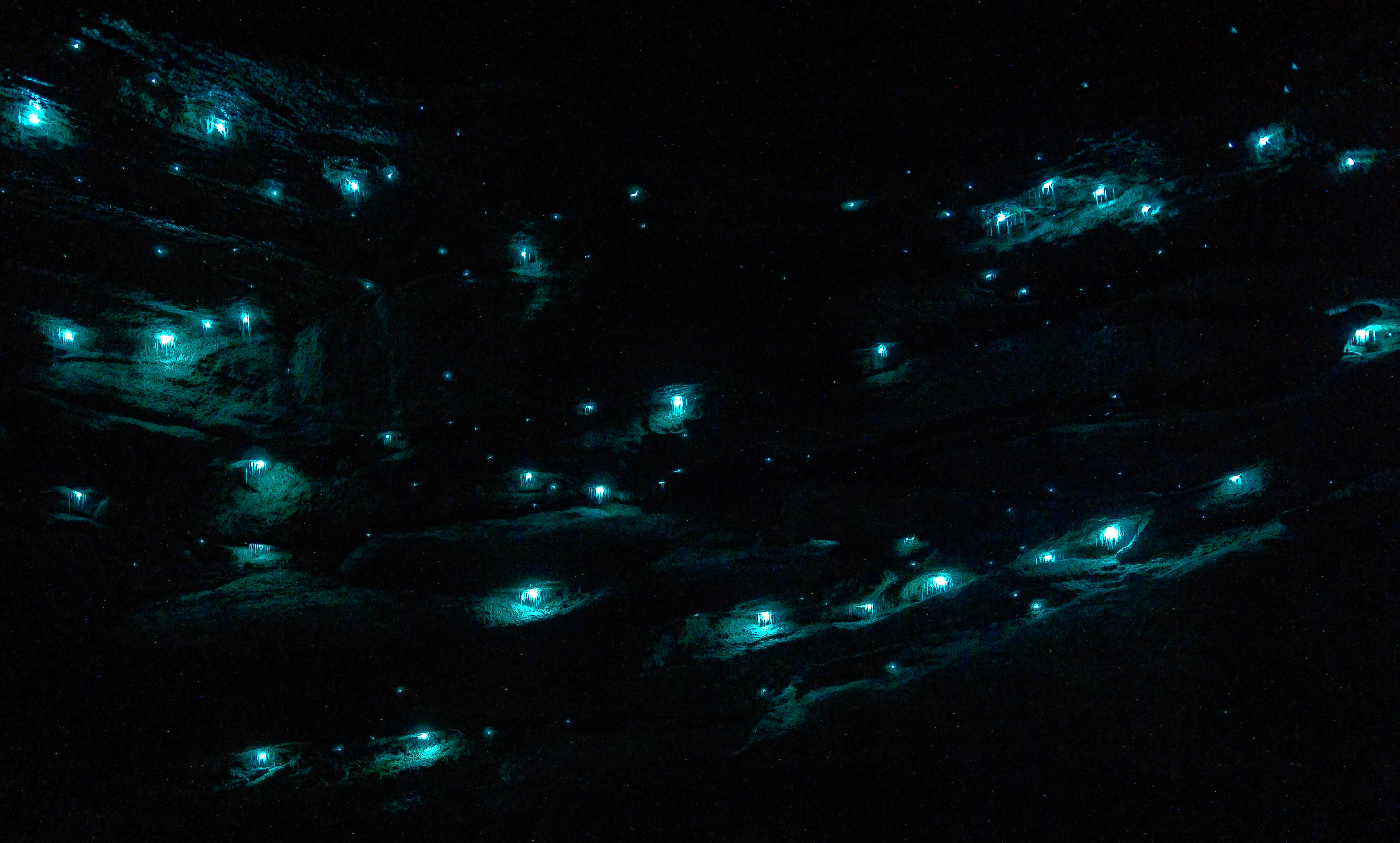
Your 8AM Zedlines with Lachlan and Georgie
ZEDLINES, TUESDAY 3RD FEBRUARY 2026, 9AM

Your 9AM Zedlines with Dane and Jules
ZEDLINES, TUESDAY 3RD FEBRUARY 2026, 8AM

Your 8AM Zedlines with Zayna, Clem & Dane
ZEDLINES, MONDAY 2ND FEBRUARY 2026 11AM

Your 11am Zedlines with Ellen, Sarah and Alannah
ZEDLINES, MONDAY 2ND FEBRUARY 2026, 10AM

Your 10am Zedlines with Niamh and Miko
(Image via Wikimedia Commons)
ZEDLINES, MONDAY, FEBRUARY 2ND, 9AM

Your 9AM Zedlines with Ellen, Sarah and Alannah
(Image via University of Queensland)
ZEDLINES, MONDAY FEBRUARY 2ND, 8AM

Your 8AM Zedlines with Miko and Niamh
(Image via Wikimedia Media Commons)
ZEDLINES, FRIDAY JANUARY 30TH, 11AM

Your 11AM Zedlines with Asha, Ava and Dan (image via Flickr)
ZEDLINES, FRIDAY JANUARY 30TH, 10AM

Your 10AM Zedlines with Charlie and Yuchen (Image via Flickr)
ZEDLINES, FRIDAY JANUARY 30TH, 9AM

Your 9AM Zedlines with Dan, Ava and Asha (Image via Wikimedia Commons)
ZEDLINES, FRIDAY JANUARY 30TH, 8AM

Your 8AM Zedlines with Charlie and Yuchen (Image via Flickr)
ZEDLINES, THURSDAY 29 JANUARY 2026, 9AM
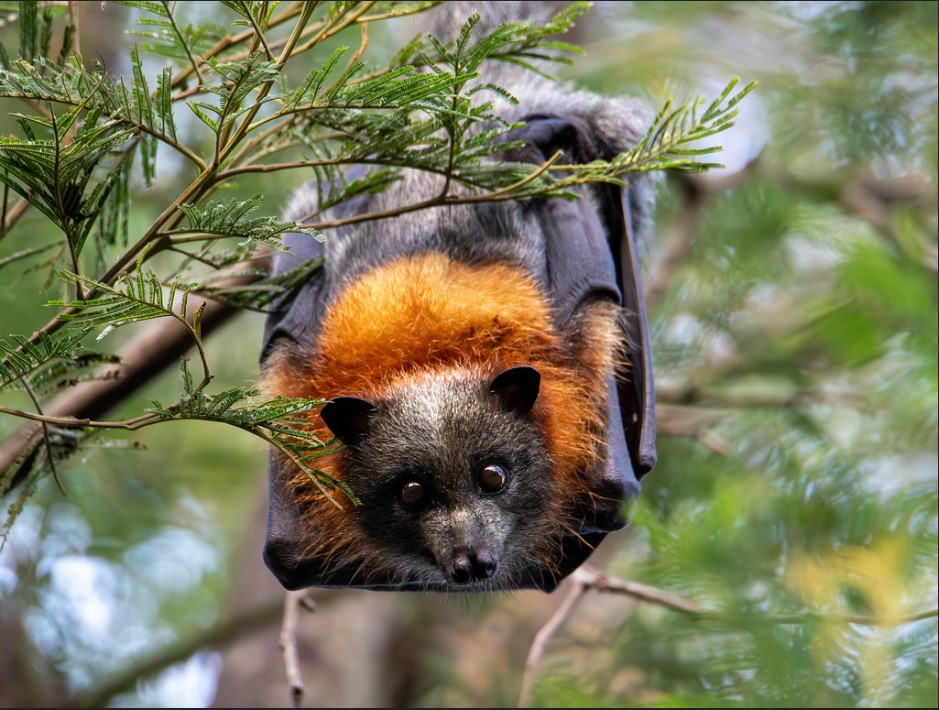
Your 9AM Zedlines with Stella and Em
ZEDLINES, THRUSDAY 29 JANUARY 2026, 8AM

Your 8am Zedlines with Sarah, Vivek and Alec.
ZEDLINES, WEDNESDAY 28 JANUARY 2026, 11AM
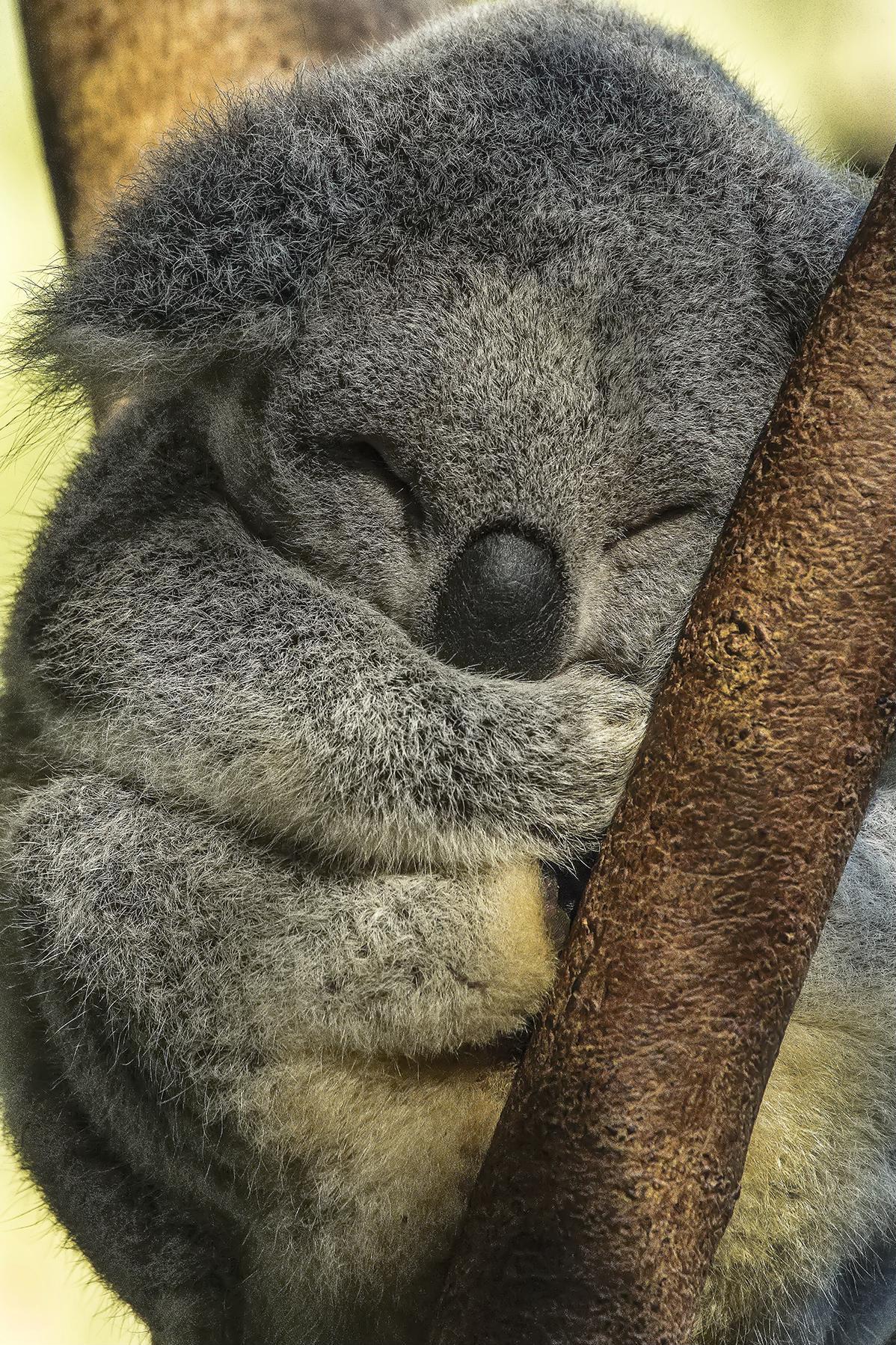
Your 11AM Zedlines with Cass and Hailey
ZEDLINES, WEDNESDAY 28 JANUARY 2026, 10AM

Your 10AM Zedlines with Georgie and Lachlan
ZEDLINES, WEDNESDAY 28 JANUARY 2025, 9AM

Your 9AM Zedlines with Cass and Hailey
ZEDLINES, WEDNESDAY 28 JANUARY 2025, 8AM
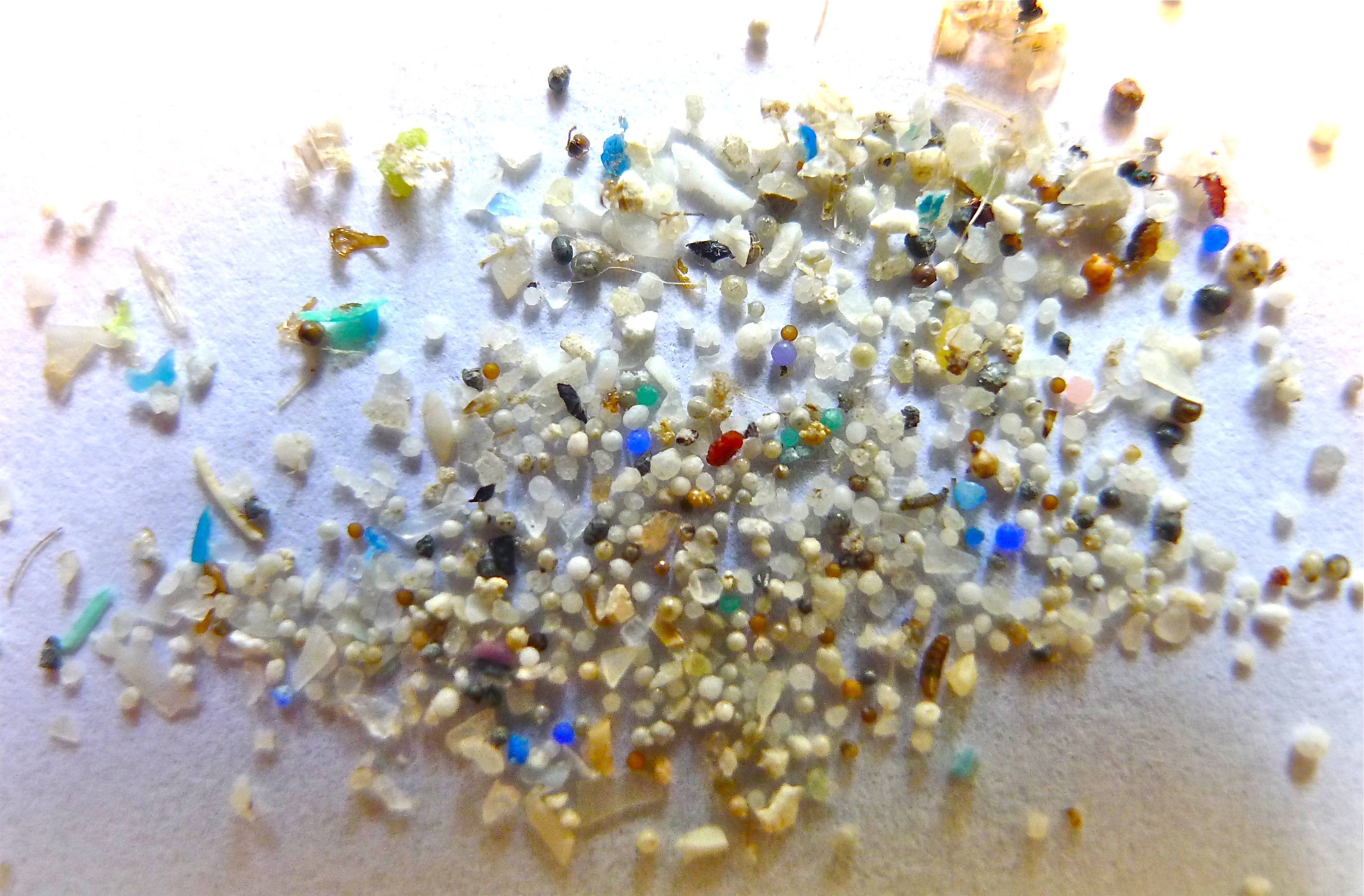
Your 8AM Zedlines with Lachlan and Georgie
ZEDLINES, TUESDAY 27 JANUARY 2026, 11AM

Your 11AM Zedlines with Jules, Clementine and Livinia
ZEDLINES, TUESDAY 27 JANUARY 2026, 10AM

Your 10AM Zedlines with Dane, Livinia and Jules
ZEDLINES, TUESDAY 27 JANUARY 2026, 8AM
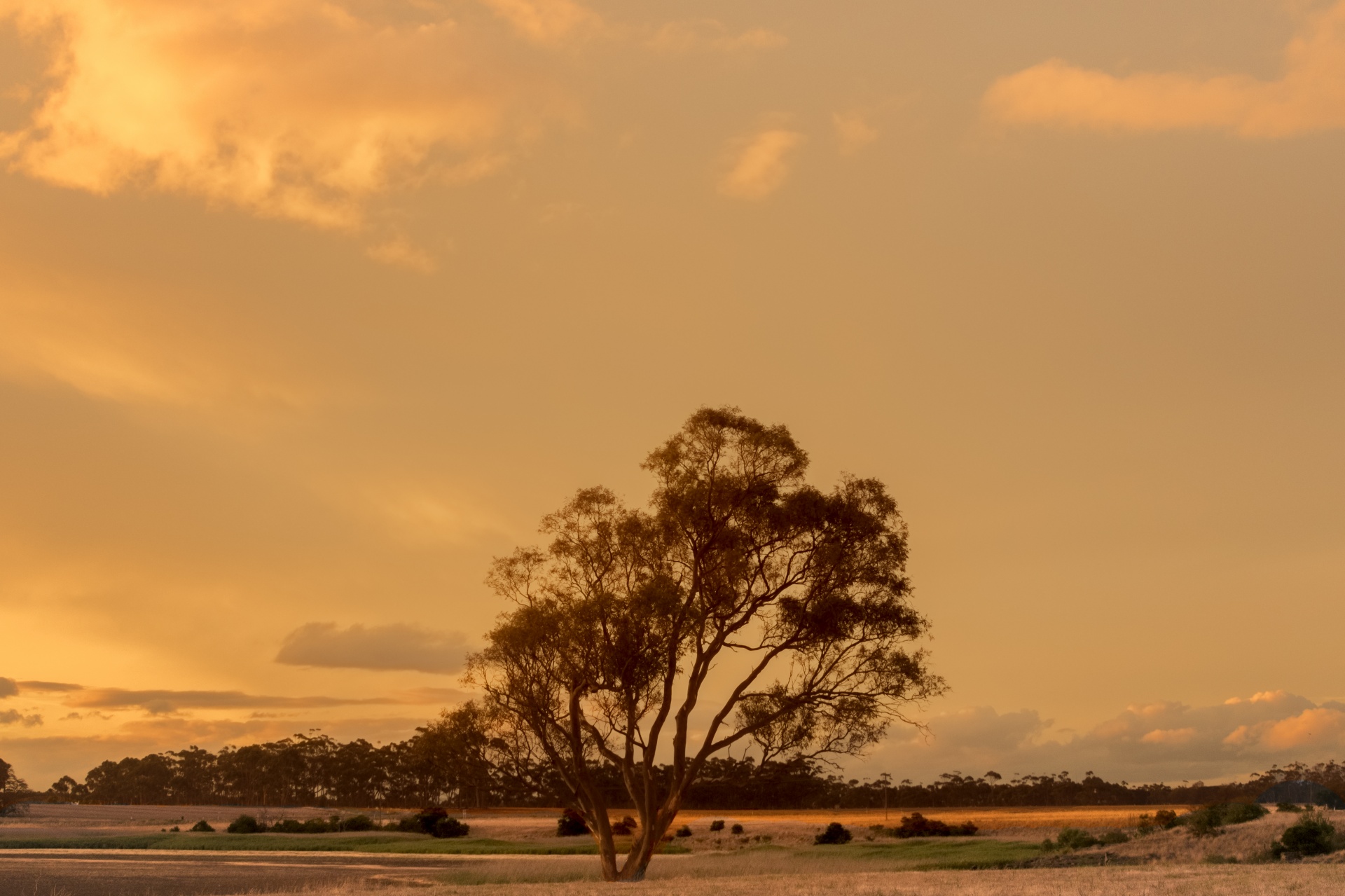
Your 8AM Zedlines with Clementine, Jules and Dane
ZEDLINES,FRIDAY 23 JANUARY 2026, 11AM
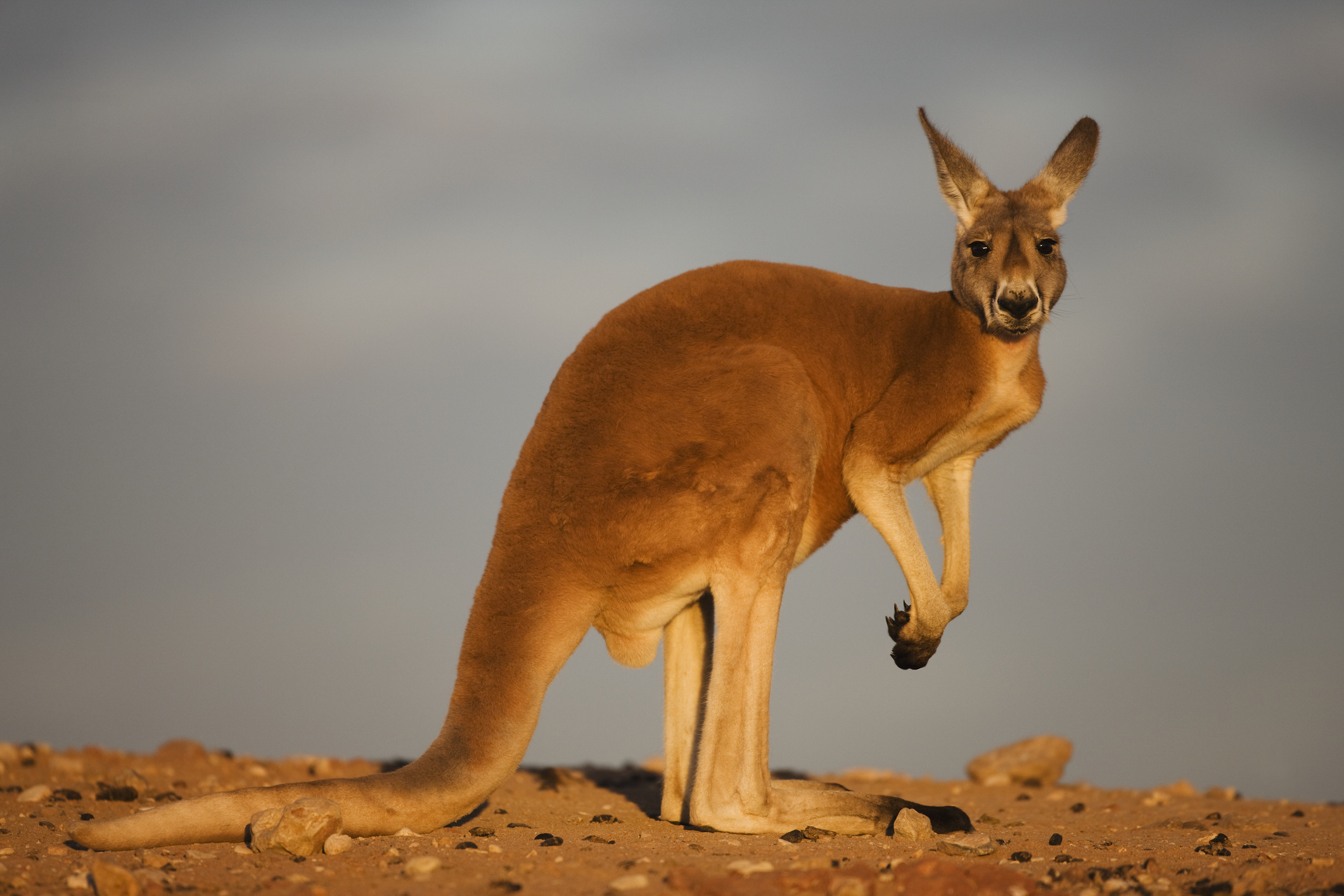
Your 11am Zedlines with Yuchen, Dan, and Charlie
ZEDLINES, FRIDAY 23 JANUARY 2026, 10AM

Your 10AM Zedlines with Asha, Ava and Ethan
Zedlines FRIDAY 23rd January 2026 9am
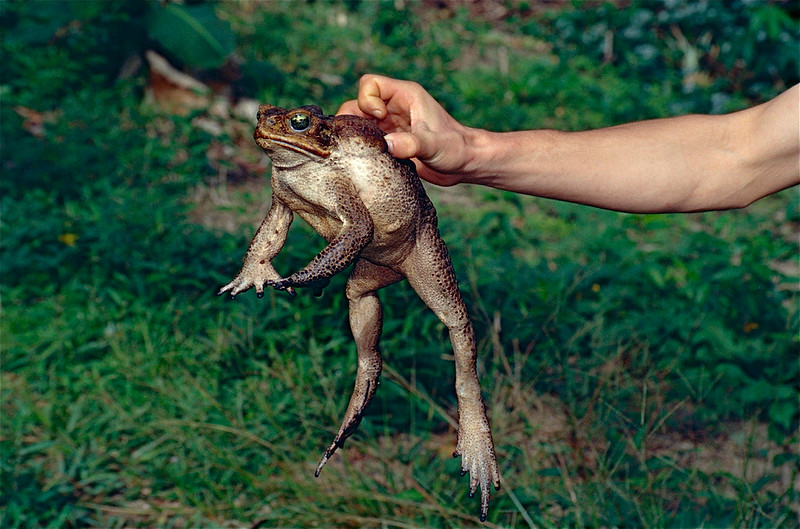
Your 9am Zedlines with Dan, Charlie and Yuchen image source Bernard DUPONT via flickr
Zedlines, Friday January 23 8am
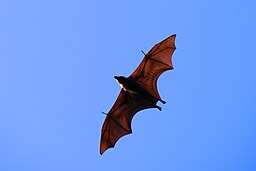
Your 8am Zedlines with Ava, Asha, and Ethan image source Romain Pontida, CC BY-SA 2.0 , via Wikimedia Commons.
ZEDLINES, THURSDAY, JANUARY 22 2026, 11AM

Your 11AM Zedlines with Eden, HG, and Stella




